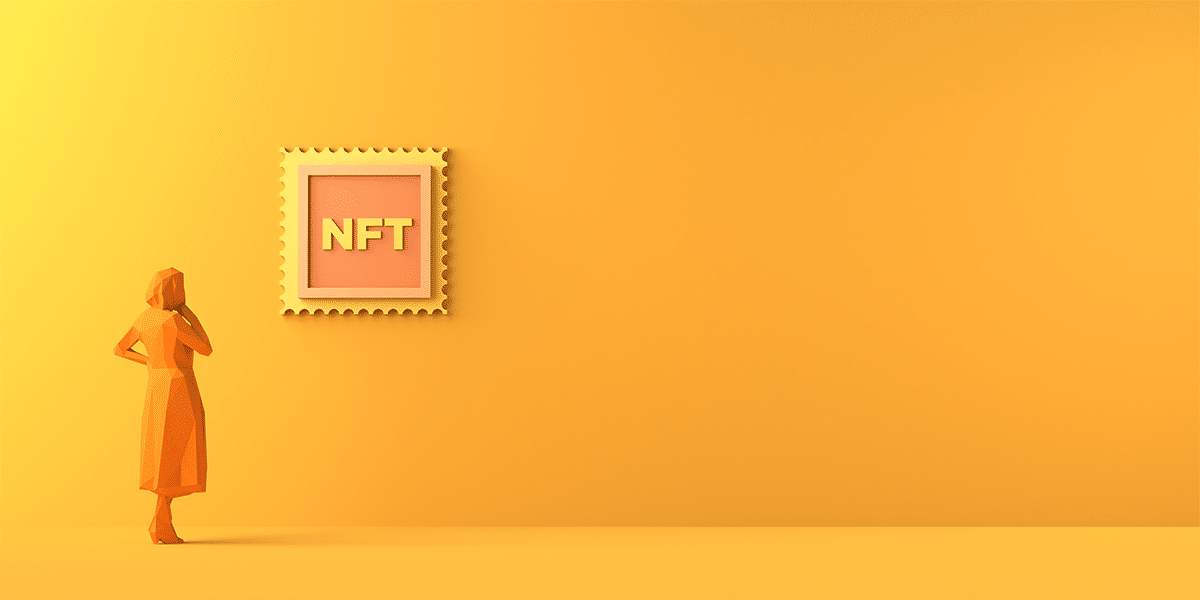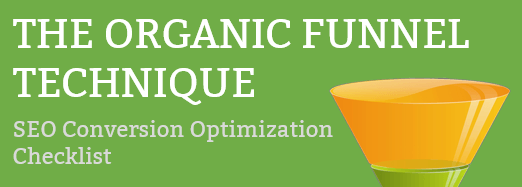
Non-Fungible Tokens (NFTs) have taken the world by storm. However, most people are still struggling to understand what they are and how they can be used in business. In our inaugural podcast episode for Growth.Ventures, John Paul Mains from Click Laboratory, and Ted Jones, tech enthusiast and NFT expert, discuss what NFTs are and how they can benefit businesses.
Defining the NFT
But what exactly are NFTs and what do they mean for businesses? In this blog post, we will delve deeper into the world of NFTs and explore how they can benefit businesses.
First of all, NFT stands for Non-Fungible Token. It is a unique digital asset that represents ownership of a digital item. The item can be anything digital, such as music, images, videos, or even a tweet. The NFT is created on a blockchain, which ensures that it is unique and cannot be duplicated or counterfeited.
According to Ted, one way you can think of an NFT is as a digital collectible that represents digital ownership. This is not always the case, but an NFT can be a gateway to the broader Web3 space, which includes digital ownership and access. An NFT can be anything digital, including music, images, contracts (agreements), or videos. The NFT represents a certificate of ownership in a digital space. Many people have been caught up in the hype surrounding the high prices that some NFTs have sold for, but it’s important to understand the benefits of owning an NFT beyond just the price.
The ownership of an NFT gives the owner certain benefits. For instance, the value of the NFT can appreciate over time, making it a valuable asset. The value of an NFT is often determined by the creator of the digital item and its rarity.
It’s Not Just About Insanely Priced Art
But NFTs are not just about high-dollar transactions. They can also be used by businesses to create new revenue streams and engage with their customers. For instance, the NBA has started selling NFTs of its players’ highlights and moments. For instance, the NBA can release a collection of slam dunks, and people can buy and sell them on different marketplaces. This not only creates a new revenue stream for the NBA but also allows fans to own a collectible that has value and rarity. Owning an NFT can also give fans access to different benefits based on their ownership.
NFTs also create a new revenue stream for creators, including digital artists and photographers. This is part of what is referred to as the creator economy. An NFT can give a creator value and recognition for their work, allowing them to benefit from their creations in a new way.
NFTs can also be used to build a community (think of it like a loyalty program and the NFT is the key into it) around a product or brand. For example, a company can create an NFT that gives the owner access to exclusive content or events. This can help build a loyal fan base and create a sense of exclusivity and ownership among customers. For example, fans of NBA digital cards can form a community around their shared love of the game and their collectibles. This community can be used to market and promote the NFTs and the brand, leading to more sales and recognition for the creators.
5 Examples of Using NFTs in a Business and in Loyalty Programs
- Digital Art Sales: NFTs can be used to sell digital art, enabling creators to earn money from their work without having to rely on traditional galleries or auction houses.
- Authenticity Verification: NFTs can be used to verify the authenticity of high-value physical items, such as luxury watches or designer handbags. This allows buyers to be sure that they are purchasing a genuine product.
- Brand Merchandising: Companies can use NFTs to create unique, limited-edition digital merchandise, such as virtual clothing or accessories, for their brand. This creates a new revenue stream for the company and provides a new way for fans to engage with their favorite brands.
- Ticketing and Event Management: NFTs can be used to create digital tickets for events, such as concerts or sporting events. This enables organizers to control ticket sales and prevent fraud, while also providing attendees with a unique digital keepsake from the event.
- Gaming and Collectibles: NFTs can be used to create unique in-game items or collectibles for gamers. This allows players to own rare and unique items that can be traded or sold on the secondary market, creating a new source of revenue for game developers.
Using NFTs in Your Business
But businesses must be careful when using NFTs. They must ensure that they are creating something that has real value and is not just a gimmick. As a business leader who likes to be on the cutting edge, you must also ensure that you are using NFTs in a way that is legal and complies with regulations.
In conclusion, NFTs are a new and exciting technology that has the potential to revolutionize the way businesses interact with their customers. They offer a unique way to create new revenue streams, engage with customers, and build a loyal fan base. However, businesses must be careful when using NFTs and ensure that they are creating something of real value.
NFT for Business Growth FAQ
-
How can NFTs help in business growth?
NFTs can play a significant role in business growth by creating new revenue streams, increasing brand visibility, and enhancing customer engagement. As discussed in this blog post, NFTs allow businesses to tokenize digital assets such as art, music, videos, and virtual real estate, which can then be sold, traded, or used as incentives for customer loyalty programs. This not only helps generate additional income but also promotes brand awareness and attracts new customers.
-
How can businesses use NFTs for marketing purposes?
Businesses can leverage NFTs for marketing by incorporating them into promotional campaigns, offering exclusive NFTs as rewards for loyal customers, or partnering with influencers and artists to create limited-edition NFTs. NFTs are excellent tools for generating buzz around a brand, as they can easily go viral, thus expanding the company's reach and customer base.
-
Are there any risks associated with using NFTs in business?
Yes, there are some risks associated with using NFTs in business. NFTs are still relatively new, and their legal framework, regulations, and taxation are not yet fully developed. This can pose potential challenges for businesses, especially those dealing with intellectual property rights, copyright issues, and consumer protection laws. It's crucial for businesses to stay updated on any legal developments and ensure they are operating within the bounds of the law when using NFTs.
-
How do NFTs offer new opportunities for creators and artists?
NFTs provide creators and artists with the chance to monetize their digital works directly without relying on intermediaries such as galleries or publishers. By tokenizing their digital assets as NFTs, artists can sell them on various NFT marketplaces and retain ownership of their creations. Additionally, NFTs can (but don't have to) enable creators to earn royalties every time their work is resold, ensuring a continued income stream even after the initial sale.
-
What are some popular NFT marketplaces for businesses to explore?
Several NFT marketplaces allow businesses to buy, sell, and trade digital assets. Some popular options, include OpenSea, Rarible, and SuperRare. These platforms provide an ecosystem for businesses to engage with the NFT community, discover valuable assets, and capitalize on emerging trends in the NFT space. However, it's essential for businesses to research and choose a marketplace that best aligns with their specific needs and goals.
Follow Ted Jones: https://www.linkedin.com/in/tedjonesjr/
Follow John Paul: https://www.linkedin.com/in/johnpaulmains/

